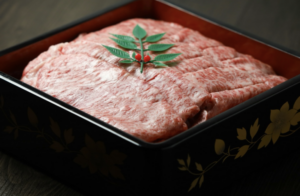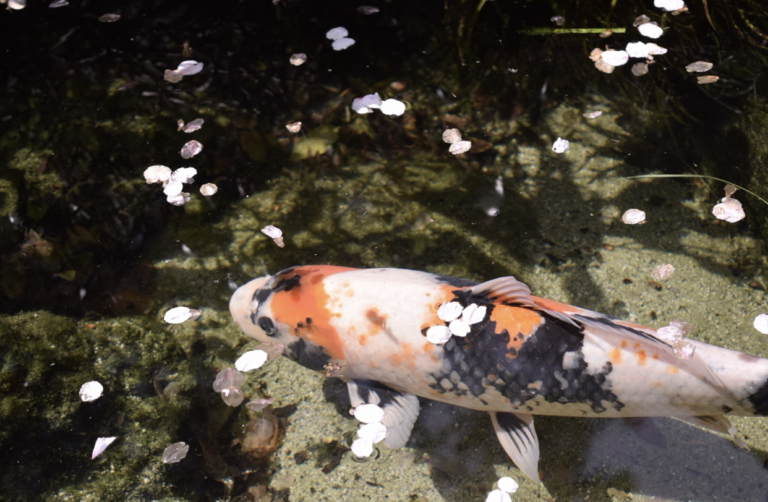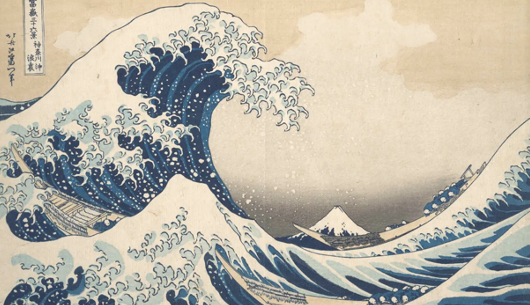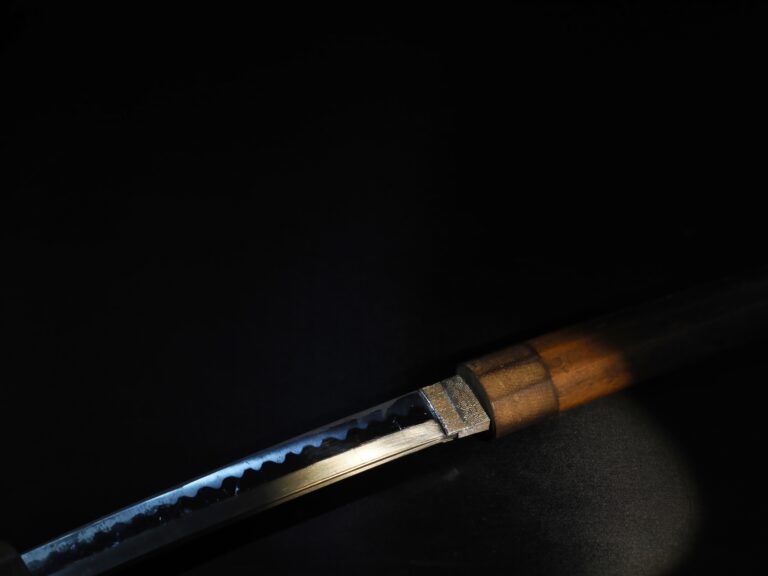Japanese meat culture that changed history itself. Why name meat after plants?
Japanese beef and pork are highly regarded around the world, but did you know that Japanese meat has a dark past?
Today, I would like to introduce the dark side of Japanese meat culture that you may not be aware of.
Why is meat named after plants?
Some of you may be familiar with these terms as they are still used today. Horse meat is called “Sakura”, wild boar “Botan”, venison “Momiji”, and chicken “Kashiwa”. These are all plant names.
Japan is a Buddhist country, and because of this it was forbidden to eat meat. It used to be eaten in secret and was therefore called by other names.
Everyone loves it. Meat the Shogun loved too
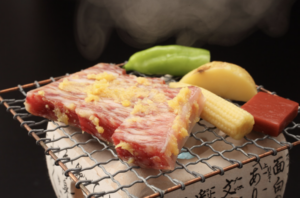
Meat was inconspicuously eaten by the common people because it was said to be energizing. The Shogun who was the head of the Samurai also loved it.
Omi beef (Omigyu) is still Japan’s top brand. Marinated in miso, it was the highest quality meat at that time.
Lovingly raised Omi beef is characterized by its tender meat and sweet fat. Marinating the meat in miso for several days allows the salt in the miso to soak in and enhance the flavor of the meat. This exquisite combination, and the fact that its shelf life can be extended by marinating it in miso is remarkable. Just thinking about it makes me drool.
Many successive shoguns were very fond of this miso-marinated Omi beef and always looked forward to receiving it as a gift from the Hikone Clan (present-day Shiga Prefecture), where it was produced.
Is food resentment really scary?
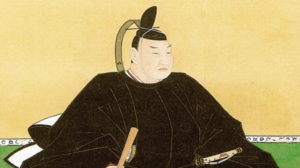
Meat culture, once enjoyed in secret, experienced a major change with the arrival of a particular person. Naosuke Ii was the head of the Hikone domain, where Omi beef was produced, and was the Tairo (chief minister) of the Edo shogunate, the government of that time. He was a top political figure.
Because he was a devout Buddhist, he banned all meat production that was secretly taking place in the areas he ruled.
The Shogun’s favorite “miso-marinated Omi beef” had disappeared from the world. This angered Nariaki Tokugawa, the head of the Mito clan in what is now Ibaraki Prefecture. He was a relative of the Shogun, the head of Japan.
It is said that Nariaki Tokugawa loved miso-marinated Omi beef so much that he wrote a letter of thanks every time it was offered to him. It makes sense that he was angry because he could no longer eat his favorite food.
Finally, action was taken. Samurai from the Mito domain attacked and killed Naosuke Ii.
At the time of this incident, there were demands from the U.S. to open the country to the rest of the world, and Japan as a whole was in the midst of great turmoil. Disagreements are said to have been the cause of this incident, but perhaps “food resentment” was the biggest factor.
There is a Japanese proverb that says, “Food resentment is scary”. The resentment of food does not disappear immediately, but rather, it grows to wherever it leads, and in the end, it leads to being killed.
Please enjoy delicious Japanese beef but don’t forget to take care!
ABE KENGO


